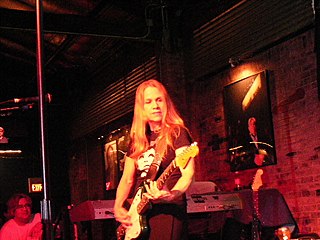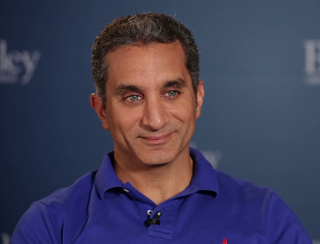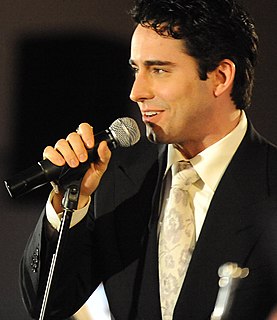A Quote by Charlotte Caffey
We were naive in a lot of ways, but that was part of the charm. We were very young.
Related Quotes
When we overthrew Mubarak, we did this in 18 days. And because we were very naive and very unexperienced in revolutions, we thought that that was it. It is very difficult to imagine that you can actually get rid of a dictatorship that has been there for 60 years only in 18 days. So we were very naive.
It just struck me as really odd that there were all of these conversations going on about what young women were up to. Were young women having too much sex? Were young women politically apathetic? Are young women socially engaged or not? And whenever these conversations were happening, they were mostly happening by older women and by older feminists. And maybe there would be a younger woman quoted every once in a while, but we weren't really a central part of that conversation. We weren't really being allowed to speak on our own behalf.
What I was talking about was, of course, very autobiographical - '68 was the moment when all the young people were incredibly excited, because when we were going to sleep, we knew we would wake up not tomorrow, but in the future. There was a sense of future that was the result of the mixture of politics, cinema, music, the first joints. And the movies were a very important part of that cocktail.
My children came out as individuals in their own right. They were not my products. They had their own characters and were very strong-minded. I gave them a lot of freedom when they were still very young. The one thing they got from me is morals. They would never betray anyone. They are really good people.
When I was a kid, a lot of my parents' friends were in the music business. In the late '60s and early '70s - all the way through the '70s, actually - a lot of the bands that were around had kids at a very young age. So they were all working on that concept way early on. And I figured if they can do it, I could do it, too.




































